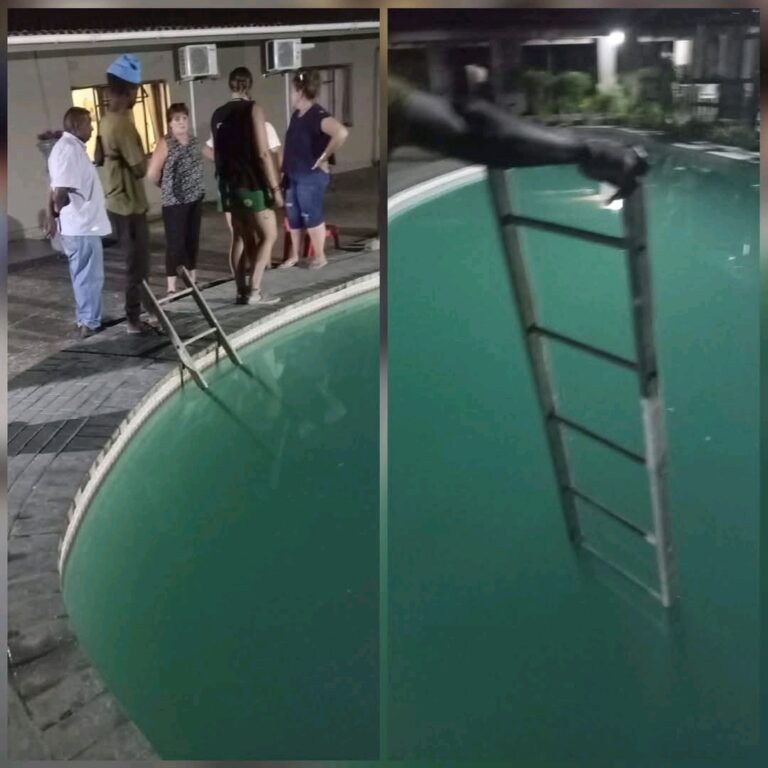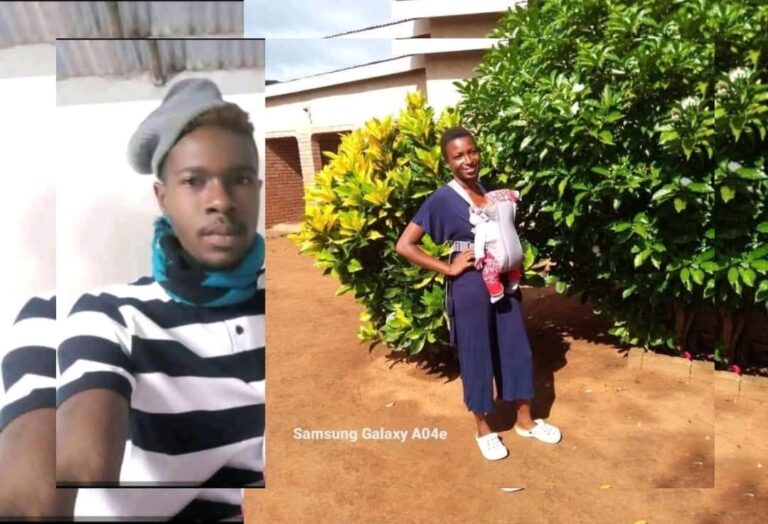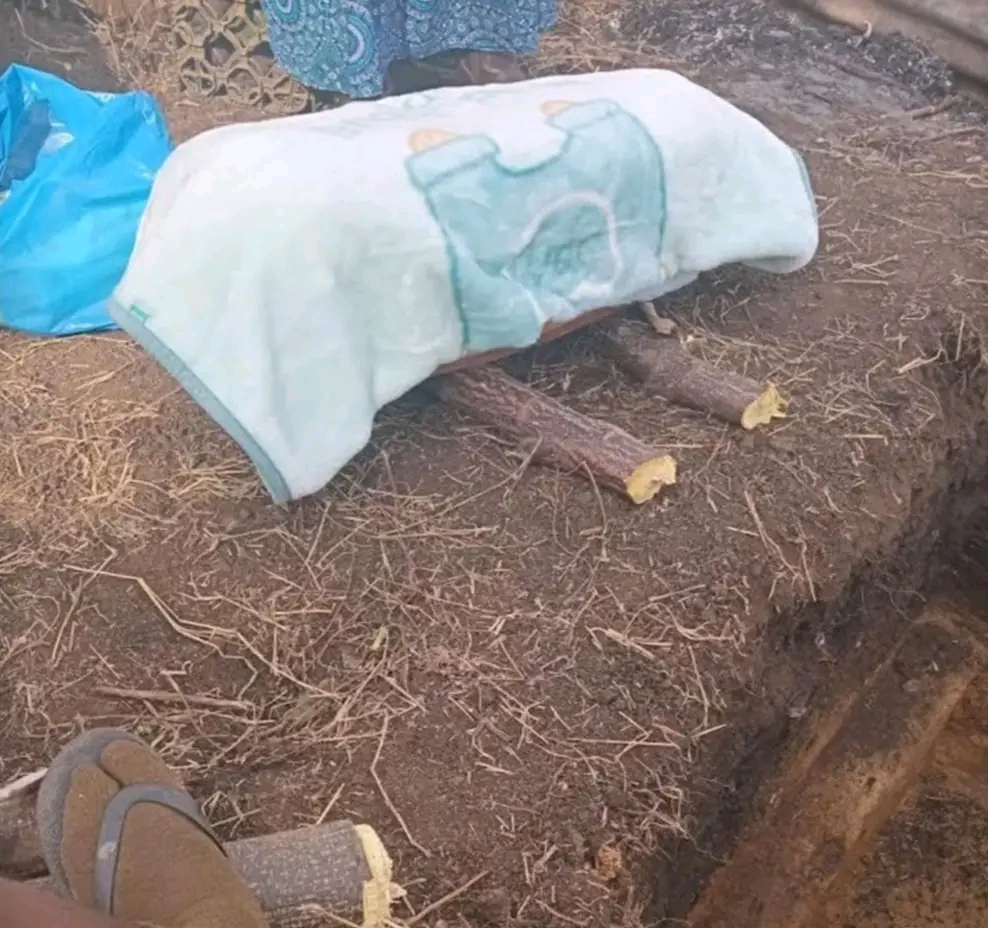
Nkululeko Zulu from Mandeni, KwaZulu-Natal, is battling emotional distress after learning that his girlfriend of two years, Diyana Makukeke, deceived him into believing she was pregnant—only for him to discover during a staged funeral that there had never been a baby at all.
Diyana, a 44-year-old woman originally from Machibini and now residing in Newlands, allegedly faked her entire pregnancy. Zulu, trusting her and excited about becoming a father, supported her throughout, both emotionally and financially. He covered all her needs, attended to her during the so-called pregnancy, and even prepared for what he believed would be their child’s burial after she claimed the baby had passed away.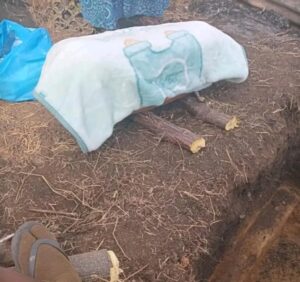
As part of the funeral arrangements, Zulu spared no expense. He prepared a burial site next to his family’s graves and followed cultural traditions, including the slaughtering of a goat. The family gathered to say their goodbyes, expecting to pay their respects to an infant lost too soon.
However, doubts began to arise when Diyana arrived on the day of the funeral in a van carrying a sealed coffin but refused to allow anyone to open it. Her behavior raised suspicions, and Zulu’s brother, sensing something was not right, insisted the coffin be opened before the burial could proceed.
When the coffin was finally unsealed, what lay inside was not a baby—but a doll. The discovery left the entire family in disbelief. There was no child, no miscarriage, and no truth in the story Diyana had been telling for months. It was a complete fabrication.
Zulu was left humiliated, heartbroken, and betrayed. “I supported her throughout the pregnancy. I even grieved the loss of our child. To find out it was all a lie broke me,” he reportedly said.
The funeral, which was meant to be a dignified farewell, instead turned into a deeply emotional ordeal for Zulu and his loved ones. The financial and emotional toll of the experience has left scars, and questions continue to swirl around Diyana’s motives for carrying out such an elaborate deception.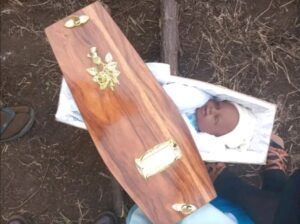
Community members and social media users alike have expressed outrage over the incident. Many are demanding accountability and have suggested that Diyana should face legal consequences for the trauma and financial harm she caused. Some have urged Zulu to press charges for fraud and emotional abuse.
At present, Diyana has not publicly commented on the matter. Meanwhile, Zulu is trying to recover from the betrayal and rebuild his life, supported by family and friends who were also misled by the woman’s actions.
This painful incident has sparked wider conversations about trust, manipulation, and the importance of emotional integrity in relationships. Zulu hopes that sharing his story will prevent others from falling victim to similar deceit.



